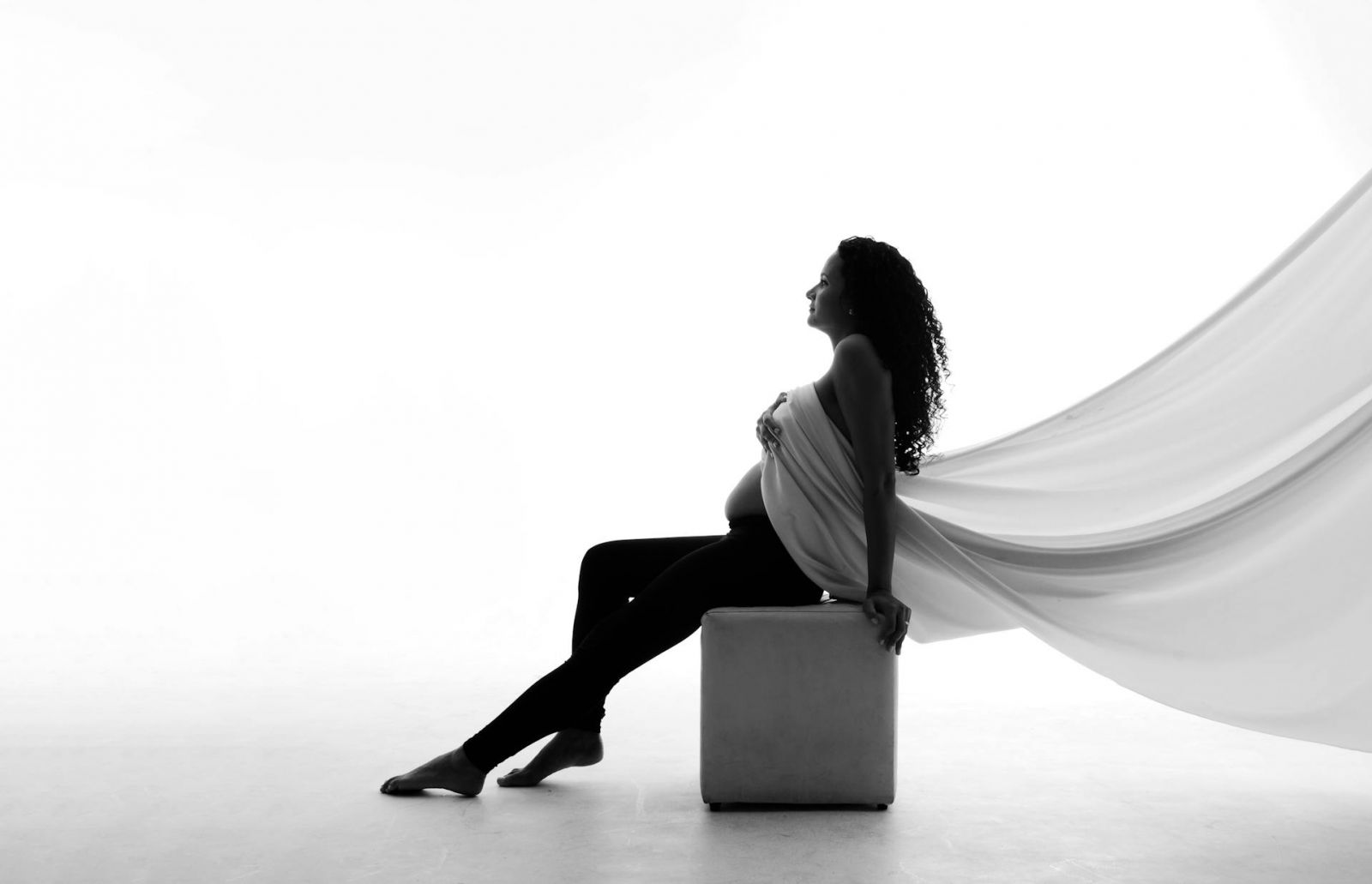More women are challenging the institutionalised norms surrounding childbirth, honouring the healing process and leaning on the magic of sisterhood
When an elephant gives birth, something spectacular happens: fellow females in the herd get into formation, creating a support network that facilitates the well-being of the mother and the safe shepherding of new life into the world.
They surround and protect her by kicking up dirt and soil to throw any predators off the scent. Once the calf is born, they cover it with sand to protect its skin from the sun before breaking into a chorus of celebratory trumpeting.
The female instinct to look out for one another, to guide and protect in moments of vulnerability, is innate: nature as intended. And there are very few times when a woman is more vulnerable, and yet more powerful, than when giving birth.
Historically, pregnancy and childbirth—long seen as a “female mystery”—was a women-only domain. Women would rally around expectant mothers to pass on wisdom and advice, as well as supporting her through the birthing process and assisting her in navigating the challenges of early motherhood. But in the 1700s, with advancing medical science and technology, predominantly male-led medical interventions became the norm and the old midwifery “ways of knowing” were increasingly dismissed as primitive or even superstitious.
See also: For a growing number of women, tattoos are about reclaiming their culture and bodies

Believing in the body
Though the medicalisation of birth has saved an immeasurable number of lives—both of newborns and mothers—there has also been a great cost: from the focus on pathology over a woman’s physiology, which has left many women feeling disconnected or powerless in their birthing experiences; to clinical birthing environments designed for the needs of clinicians and medical intervention rather than for the natural events that occur during childbirth.
“It has become the norm for women to rely heavily on the words of their doctors, while not understanding their own body’s physiology, what it’s capable of and how they can empower themselves in the process,” says Michelle Ng, the Hong Kong-based director of The Family Zone, which provides a myriad of resources for new and expectant mothers—from lactation consulting to sleep support, antenatal workshops and postnatal doula visits. Ng has observed a growing trend of women questioning the over-medicalisation of childbirth, while seeking to take control of their birthing experience by opting for a more natural, women-led approach.
One such woman is Peggy Chan, the founder of Hong Kong-based sustainable food consultancy Grassroots Initiatives and Zero Foodprint Asia, a regional initiative that addresses the climate crisis through regenerative farming and renewable food systems.
Chan has always been a renegade of sorts, unapologetically questioning systemic and societal norms. Naturally, she did the same when she found out she was pregnant in early 2023. “I knew that as long as it was deemed safe for my baby and myself, I was always going to choose natural birth, done in the safety of our own home,” says Chan. “Unfortunately, society injects so much fear around birth as being a chaotic, medical event, where the woman is treated as a ‘patient’. But in reality, for the healthy, low-risk childbearer, birth is a natural physiological event which can often be gentle and soul-searching.”
That fear is something that advocates like Ng are working to address and demystify. “Labour pain is a major thing, and everyone will have an element of fear surrounding it. But it’s important for the mother-to-be and the partner who’s giving her support to realise that labour pain is not the same as pain suffered through injury. Your body is not in danger,” says Ng, who is also a British-qualified medical doctor, a certified lactation counsellor and certified postpartum doula—a trained professional who provides physical and emotional support before, during and after a pregnancy. “Labour pain is functional pain. I like to explain this so people reframe how they think about pain and ultimately how they think about birth. That’s where empowerment comes in.”
Chan, who had a water birth at home in Perth, Australia, where she now lives, described her own contractions and labour pains as “waves that [helped] push my baby through”.


